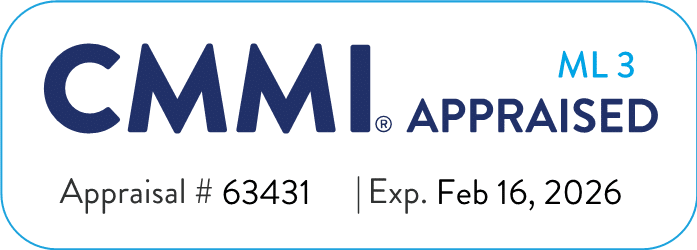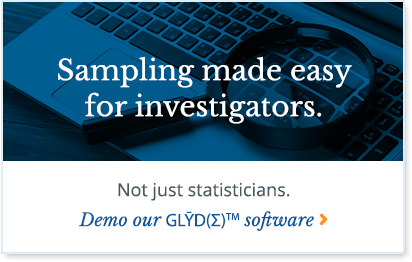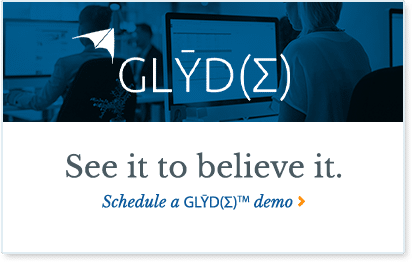Fighting fraud, waste, and abuse in health care programs is labor intensive often requiring multiple experts including but not limited to data analysts and statisticians, certified coders, clinicians, auditors and fraud investigators.
According to The National Health Expenditure Accounts (NHEA), U.S. health care expenditures rose by 2.8 percent in 2015 accounting for approximately 17.8 percent of the Gross Domestic Product – reaching $3.2 trillion dollars or approximately $9,990 per person. Estimates of fraud, waste, and abuse in health care programs, both public and private, are estimated to be between 3 percent and 10 percent of total health care expenditures.
Automated data mining techniques such as outlier detection are often used to identify potential health care fraud, waste, and abuse anomalies and reduce front end labor costs. There are a variety of tools on the market automating the outlier detection process, using many of the manual techniques analysts and statisticians already use to identify outliers. These techniques often use large amounts of data and can identify outliers on a variety of measures. For example, laboratories providing a high number of tests per patient or hospice providers with long lengths of stay per patient.
Using Outlier Detection to Identify Fraud, Waste, and Abuse in Health Care
Outlier detection can identify providers of interest to an organization, but this is only the first step in stopping fraud, waste, and abuse. In other words, the automated process typically stops here. Once an outlier is detected, many organizations need help making sense of the data outflows and prioritizing potential fraud, waste, and abuse cases as organizations are faced with limited human capital resources.
Generally, outliers end up in one of many buckets including but not limited to the need for further investigation, calculation of improper payments, provider education, administrative action, or no action. Organizations need a plan to get from the outlier to the most appropriate final action. The following are recommendations for next steps in moving from outlier detection to actionable results:
- Create a full picture of a provider. Most models and outlier detection systems give only high-level information about a provider. Often, you will only know who the provider is and they are an outlier. To determine next steps, it is important to understand the full scope of a provider’s billing pattern. Reviewing detailed data on a specific provider allows analysts to create a complete picture of the provider’s practice and get an idea of their specialty, patient population, common services, and more. Further, performing online research can be invaluable. For example, reviewing information on a provider’s website may alert you to an advertised procedure not covered by certain payers.
- Identify patterns indicative of potential fraud, waste, and abuse. There are no rules against being an outlier. We can only take additional actions if a provider may be violating a policy or law. Analysts can use claims data to detect patterns possibly indicating fraud or abuse. Analysts must identify policies relevant to a provider’s practice. For example, Medicare has a policy stating providers ordering wheelchairs for beneficiaries must have a face-to-face visit with the beneficiary prior to creating the order. If the provider does not do this, they are in violation of the policy and the payment for the wheelchair is inappropriate and subject to recoupment. Analysts can use claims data to determine whether a provider has had face-to-face visits with a beneficiary before ordering a wheelchair. If a provider’s billing patterns do not indicate fraud, waste, or abuse, they are likely a false positive and do not warrant additional action. For many outliers, the process will stop here.
Learn About Our Data Analysis Services
- Assess the risk. If a provider’s billing patterns do indicate fraud, waste, or abuse the next step is to assess the risk this poses to your organization. Assessing risk is specific to each organization but many consider the following: the potential for improper payments that could be recovered, whether patients may be harmed by a scheme, and whether the provider is likely to escalate their inappropriate billing.
- Identify and prioritize the response. Responses depend on the provider’s potential violation. In some cases, you may be able to identify cases where a provider violated billing rules based solely on claims data. Other cases may require clinicians or certified coders to review medical records to determine whether services were necessary and billed appropriately. The level of risk identified can help your organization prioritize its response. Staff resources may be limited hence, it is important to focus on cases having the highest potential for return on investment or pose the highest risk to your organization.
- Pursue additional actions. After identifying and prioritizing responses, it is now time to pursue the potentially aberrant leads. Your organization may need the services of certified coders, medical professionals, auditors, and/or fraud investigators to recover overpayments, educate providers, and address bad actors.
Learn How IntegrityM Can Help Your Organization Identify Outliers and Detect Fraud, Waste, and Abuse
IntegrityM offers a full suite of health care program integrity services. Our team of data analysts and statisticians can not only help your organization identify outliers, they can also use multiple data sources to create a complete picture of a provider and their potential fraud, waste, or abuse. We have a team of medical professionals that can provide expertise on specific services as well as review medical records to identify inappropriate payments. We also have a team of auditors and fraud investigators that can help your organization enforce its policies and pursue civil or criminal actions if necessary.
For additional information on how we can assist your organization, contact us online or call (703) 535-1400.











